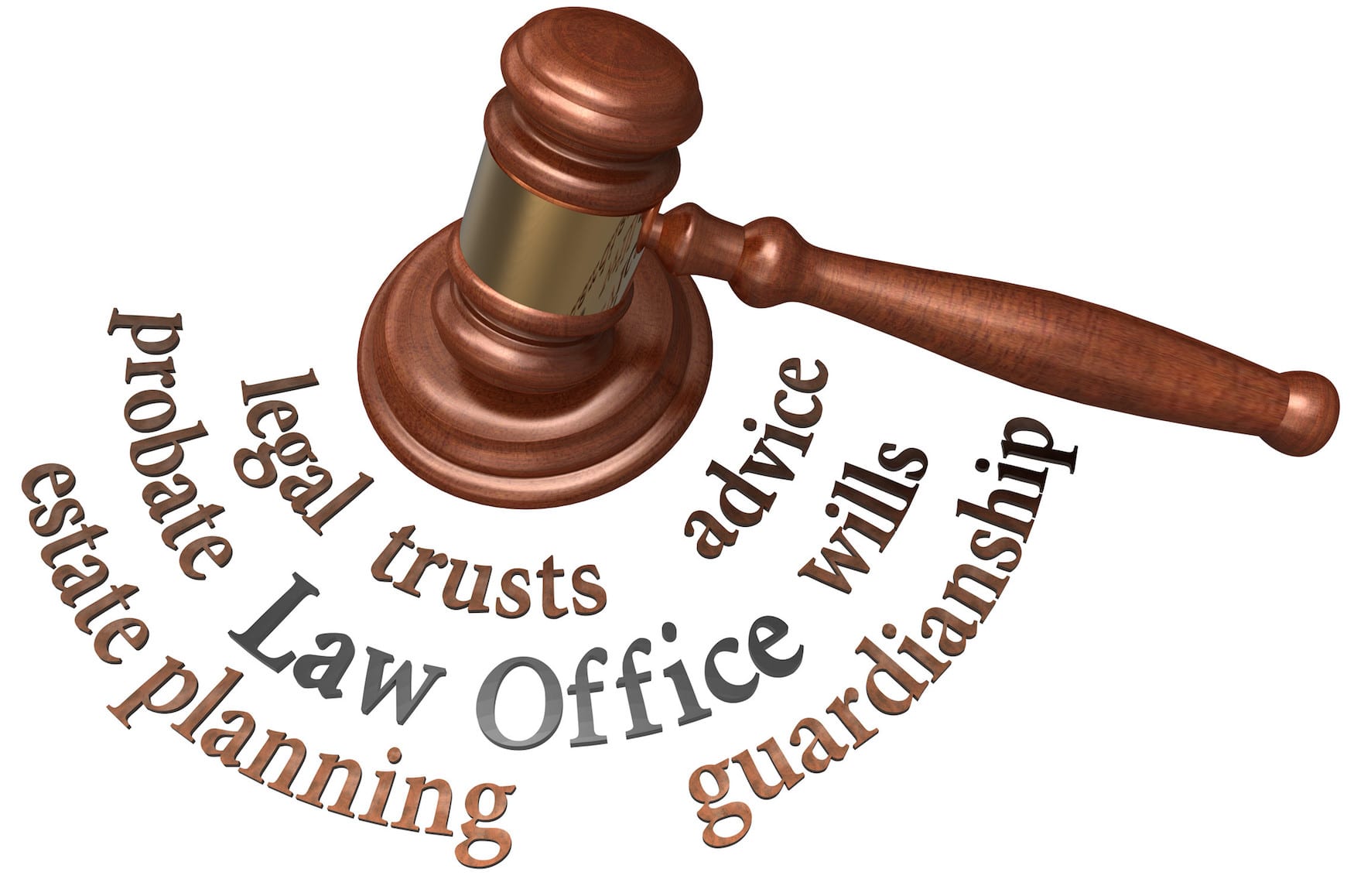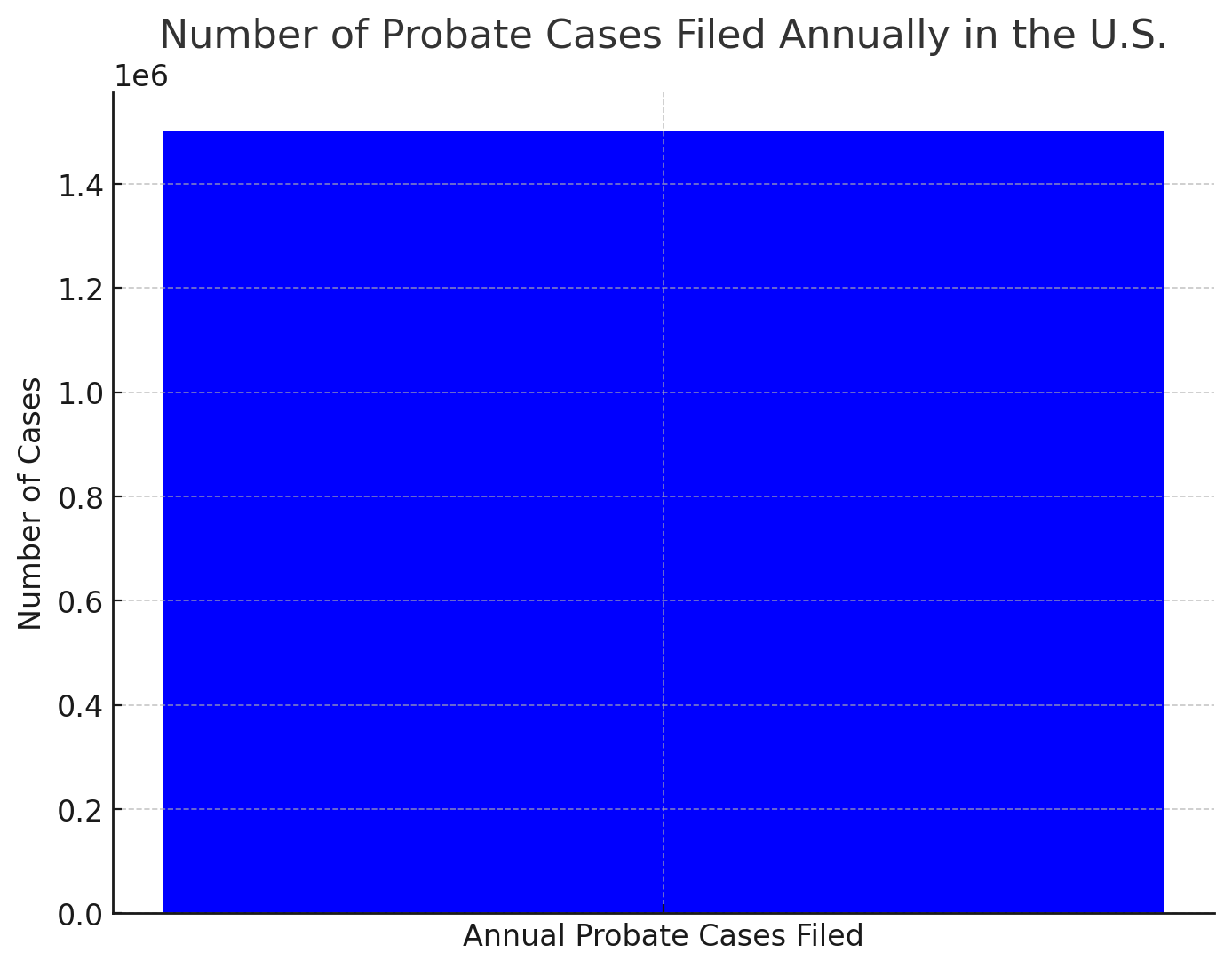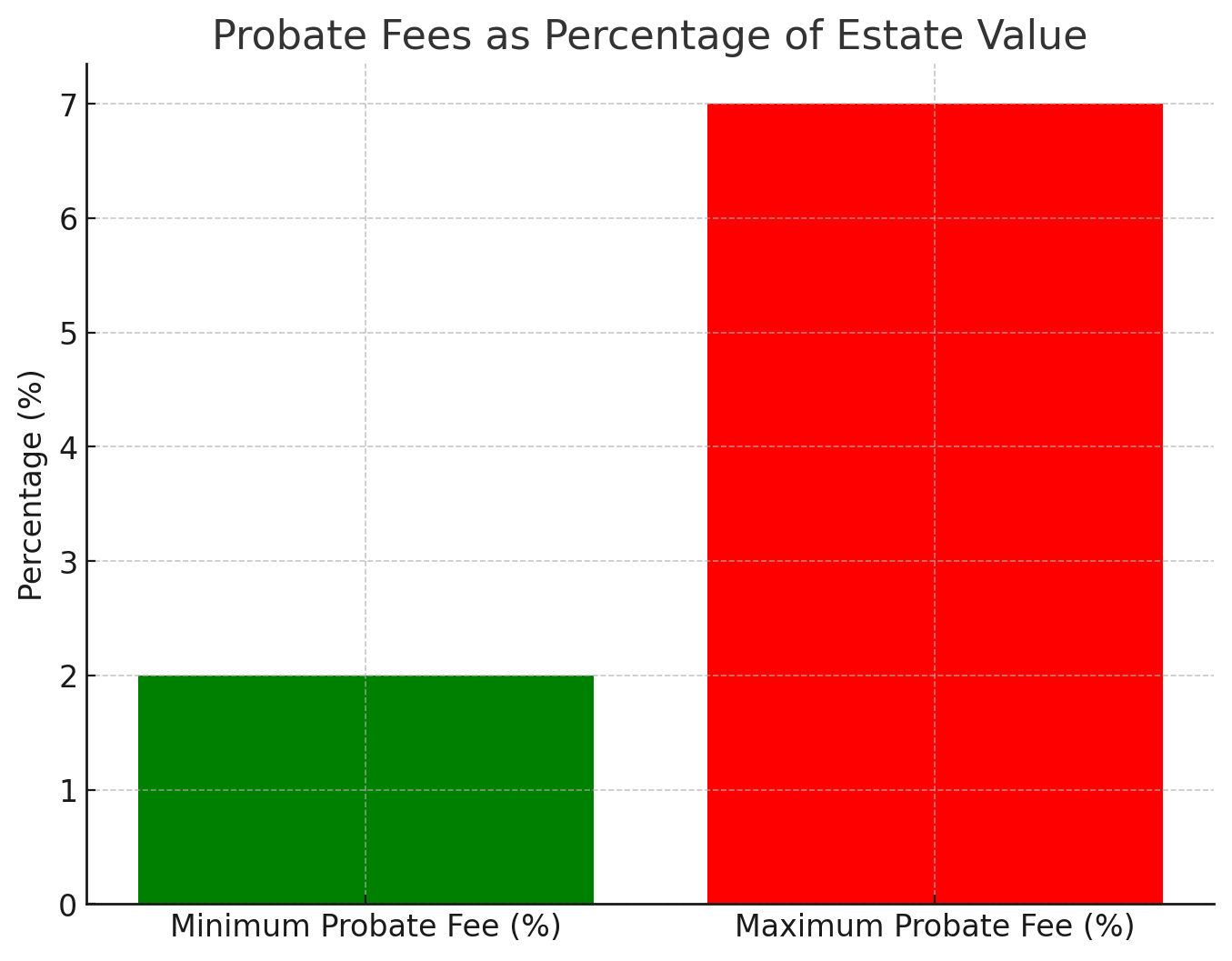Probate And Estate Administration

Work With An Attorney You Trust
Kaplan Law Practice LLC. carries on an active practice in both the City of New York and in New Jersey.
The Surrogates Court has its own rules of practice. This is especially true in New York, where the Surrogates Courts Practice statutes add considerable complexity to the handling of estates of the deceased. As is true in most courts, the clerks of the Surrogates Court will generally assist the unrepresented navigate the labyrinth of confusing requirements. However, court clerks will provide guidance on procedural issues but may not offer legal advice.
Therefore, even uncontested estates often require the services of a competent probate and administration attorney. While most of us are capable of probating simplest estates, you should nevertheless consider hiring an attorney even for simple estate situations. This is especially true when there are multiple distributes (folks having a share of the estates) or multiple executors.
Joshua Kaplan has represented numerous clients at Surrogates Courts in both New York and New Jersey and is familiar with the court procedure in both states.
Unfortunately, during this emotionally charged time, people are more vulnerable to unethical billing practices, exorbitant fees and contingency scenarios, which reduce the share of the estate available for the heirs. At Kaplan Law Practice, LLC, we will work with you on a fee structure that makes sense, and we will help you manage your costs. We offer flat fees, payment plans, and in some situations, reduced hourly rates.
What We Do:
- Full Probate and Administration Matters (no case too simple, or estate too large);
- Guardianship Proceedings;
- Will Contests;
- Kinship Proceedings;
- Fiduciary Removals and Accounting
Probate And Estate Glossary
Surrogates Court- is the court having jurisdiction to hear and enforce questions concerning wills and estates. Each county in NY and NJ has one. Surrogates court procedure is unique, and focuses on streamlining the process.? To open an estate case for you deceased relative, you will need to submit a probate or administration petition to the Surrogate?s Court in the county where your relative resided before his or her death.
Executor- is someone nominated in a will to handle a distribution of an Estate. Despite the nomination, the Executor has no legal enforcement authority without a formal appointment by the Court.
Administrator--is someone who is appointed to handle a distribution of an Estate. Individuals may petition the court to be appointed as Administrators. State statutes govern who may be appointed as the Administrator. In general, close family members are generally good candidates to serve as administrators.
Both an executor and administrator represent the fiduciaries of an estate and are held accountable for their actions. Those appointed to serve as fiduciaries must take their roles very seriously or risk being removed, civilly sued or criminally prosecuted for failure or omissions.

Probate Statistics
Probate is a legal process through which a deceased person’s will is validated, and their assets are distributed according to their wishes. According to the National Probate Court Association (NPCA), approximately 1.5 million probate cases are filed annually in the United States. This process can be complex and time-consuming, often taking several months to years to complete, depending on the size of the estate and any disputes that may arise.
A key statistic to note is that probate fees can be substantial, often ranging from 2% to 7% of the total estate value, depending on the state. This means that in large estates, probate costs can amount to hundreds of thousands of dollars, which can significantly reduce the inheritance for beneficiaries.
The National Law Review reports that over 60% of estates in the U.S. go through probate, even if there is a valid will in place. The process of probate can be avoided or simplified through estate planning tools such as living trusts, which help assets pass directly to beneficiaries without needing court intervention.
Given the complexities and costs associated with probate, many individuals are encouraged to seek legal advice to properly plan for their estates.



Common Questions About Probate
When handling an estate after someone passes away, probate can be an important step. The process involves verifying a will, distributing assets, and settling outstanding debts. Whether probate is necessary depends on several factors, including the type of assets left behind and how they are titled. For those who are handling an estate, it’s helpful to understand when probate applies and what to expect. A probate administration lawyer can provide guidance when questions arise.
What Is Probate Administration Law?
Probate administration law refers to the legal process that oversees the distribution of a deceased person’s estate. It includes validating a will, identifying heirs, settling debts, and transferring property according to state laws. If there is a will, the court ensures that its terms are followed. If there isn’t one, state intestacy laws determine how assets are distributed. Probate law helps manage these steps and provides oversight to prevent disputes.
How Long Does Probate Administration Typically Take?
The duration of probate administration can vary widely based on several factors, such as the complexity of the estate, the clarity of the will, and any potential disputes among beneficiaries. Generally, simpler estates can be settled within a few months. However, more complicated situations, especially those involving a significant amount of assets or disputes, can extend the process to over a year or more. Engaging a knowledgeable attorney, like those at Kaplan Law Practice, LLC, can often expedite the process and navigate any challenges that arise. Having detailed documentation and current records can greatly support your case so that you can ultimately obtain a positive outcome.
Is It Necessary To Hire An Attorney For Probate Administration?
While it’s not legally required to hire an attorney for probate administration, it’s often recommended, especially if the estate has considerable assets, multiple beneficiaries, or potential for disputes. An experienced attorney can guide executors through the legal intricacies, ensuring compliance with all NJ and NYC probate administration regulations, while also potentially saving time, reducing stress, and ensuring that the process is handled efficiently and correctly. Having a lawyer who understands probate administration can be invaluable in identifying solutions from complications that could arise.
Can Probate Be Avoided?
There are helpful strategies to avoid going through the probate process, as a lawyer who is knowledgeable about NJ and NYC probate administration can explain. Common methods include setting up payable-on-death and transfer-on-death designations, creating joint ownership of assets, and establishing revocable living trusts. However, the effectiveness of these strategies can vary based on individual circumstances and regional laws. It’s advisable to consult with an attorney to explore the best options tailored to specific situations and goals. Implementing such strategies early can offer peace of mind and simplify matters for loved ones in the future.
What Happens If Someone Dies Without A Will?
When an individual dies without a will, they’re said to have died “intestate.” In such cases, the state’s intestacy laws dictate how the deceased’s assets will be distributed. Typically, the distribution follows a hierarchy of heirs, starting with the spouse and children, then extended family members like parents, siblings, and more distant relatives. The specifics can vary between NJ and NYC, making it essential to understand local regulations. If you have further questions, do not wait to contact a skilled and experienced lawyer who is familiar with laws surrounding NJ and NYC probate administration.
When Is Probate Required For An Estate?
Probate is typically required when assets are solely in the deceased person’s name and do not have a beneficiary designation. If a will exists, probate confirms its validity and gives legal authority to an executor to manage the estate. When there is no will, probate is needed to appoint an administrator who will distribute assets according to state law. Some states allow small estates to bypass full probate through simplified procedures, depending on the total value of the estate.
What Assets Are Subject To Probate?
Our estate planning attorney will advise that assets that typically go through probate include those solely in the deceased person’s name without a designated beneficiary. This can include real estate, bank accounts, investment accounts, vehicles, and personal property. Assets held jointly with rights of survivorship, payable-on-death accounts, life insurance proceeds, and trust-held assets generally bypass probate. Reviewing estate planning strategies in advance can help determine how assets will be handled.
Who Is Responsible For Managing The Probate Process?
Our probate attorney will share that the executor named in the will is responsible for managing probate. This includes filing necessary documents, notifying beneficiaries and creditors, paying outstanding debts, and distributing assets. If no executor is named or there is no will, the court appoints an administrator to handle these tasks. Executors and administrators must follow state laws and court procedures to complete the probate process properly.
Planning Ahead Can Make A Difference
To manage the probate process effectively, a probate administration lawyer can help clarify when probate is required and the details that surround it. Proper planning with our down to earth, personalized services can help minimize the time and costs associated with probate, making it easier for loved ones to handle an estate. If you need guidance on probate or estate planning, Kaplan Law Practice, LLC can provide assistance tailored to your situation.
Contact Our Firm Today
At Kaplan Law Practice, LLC, we are committed to helping families navigate probate and estate administration with clarity, efficiency, and care. Whether you’re dealing with a straightforward estate or a more complex situation, our team provides reliable legal support every step of the way. Contact our estate lawyer today to schedule a consultation, and let us help you move forward with confidence during this challenging time.
